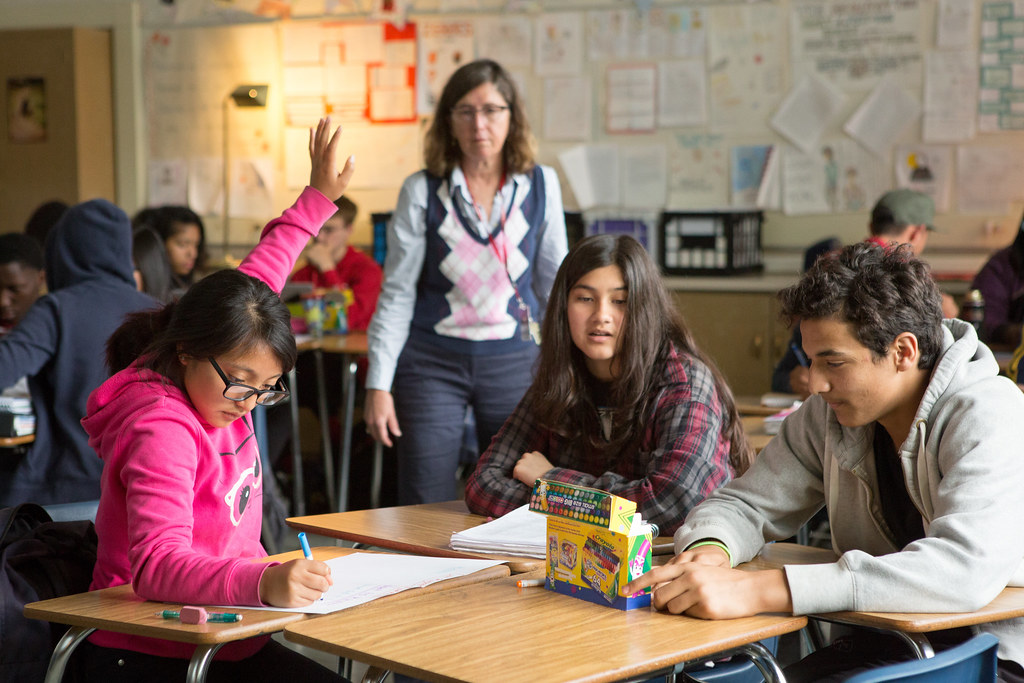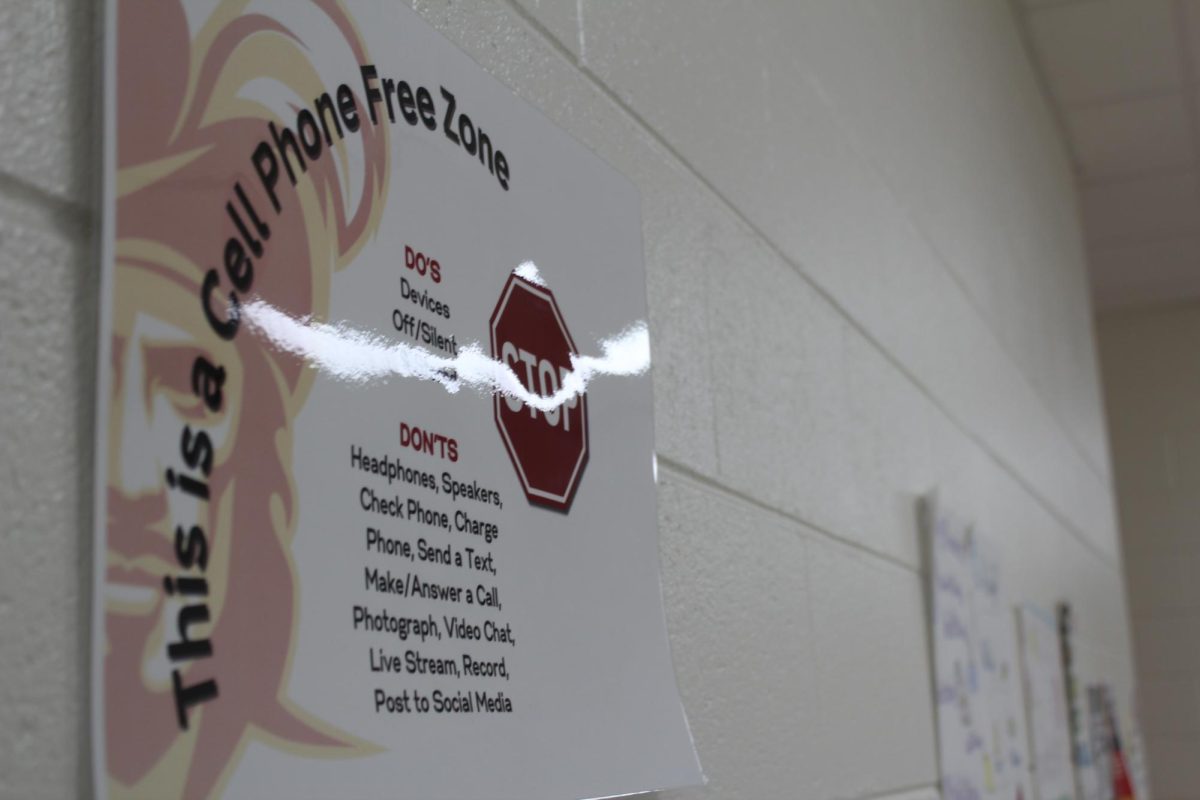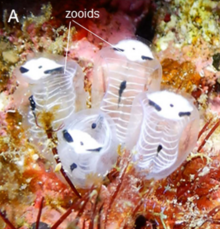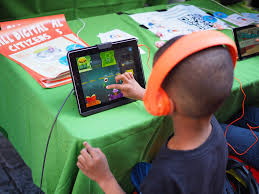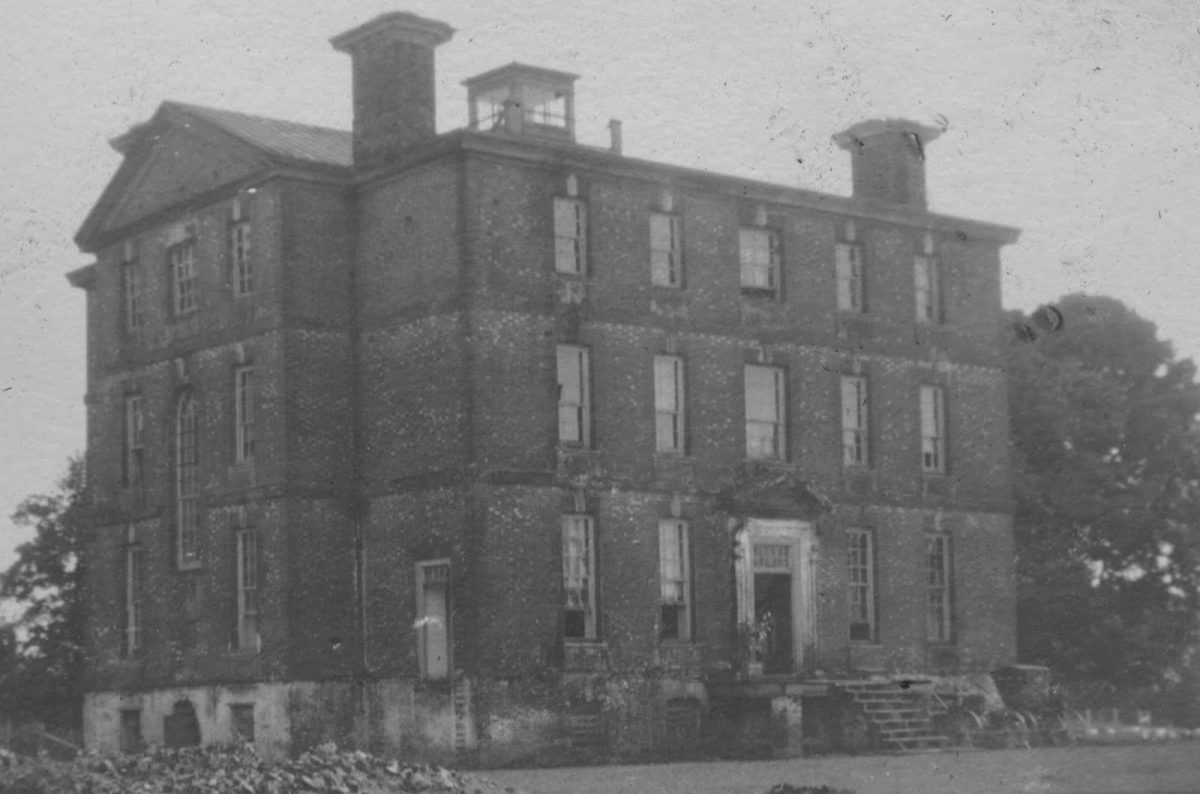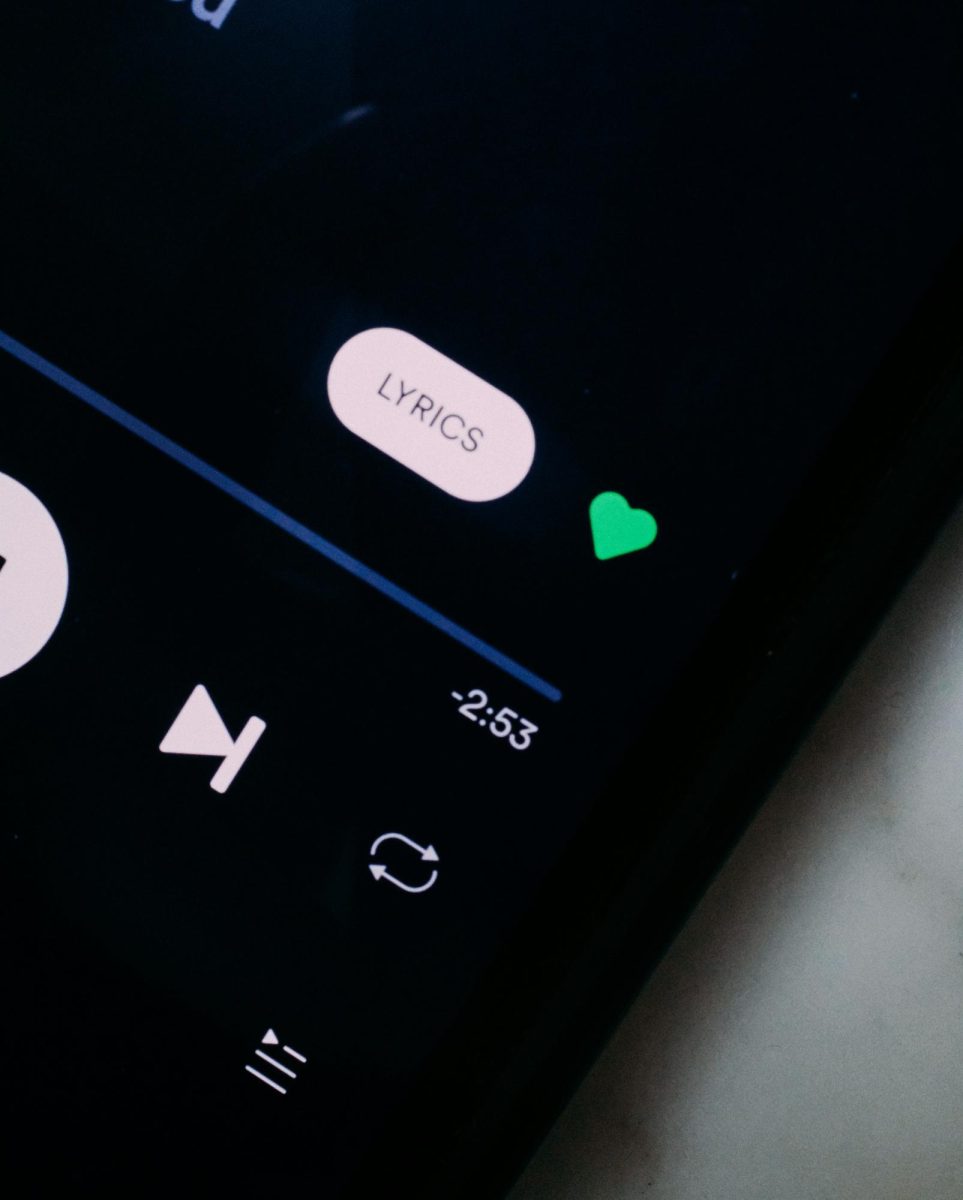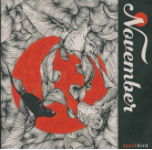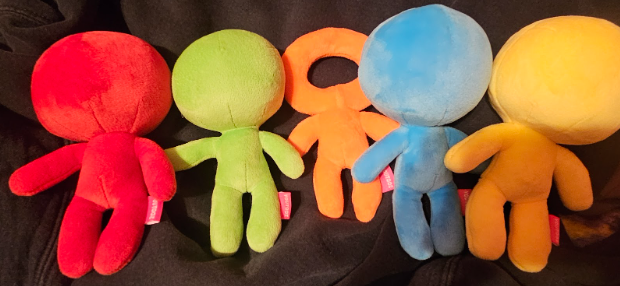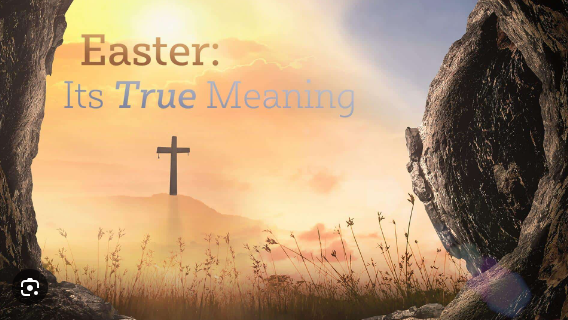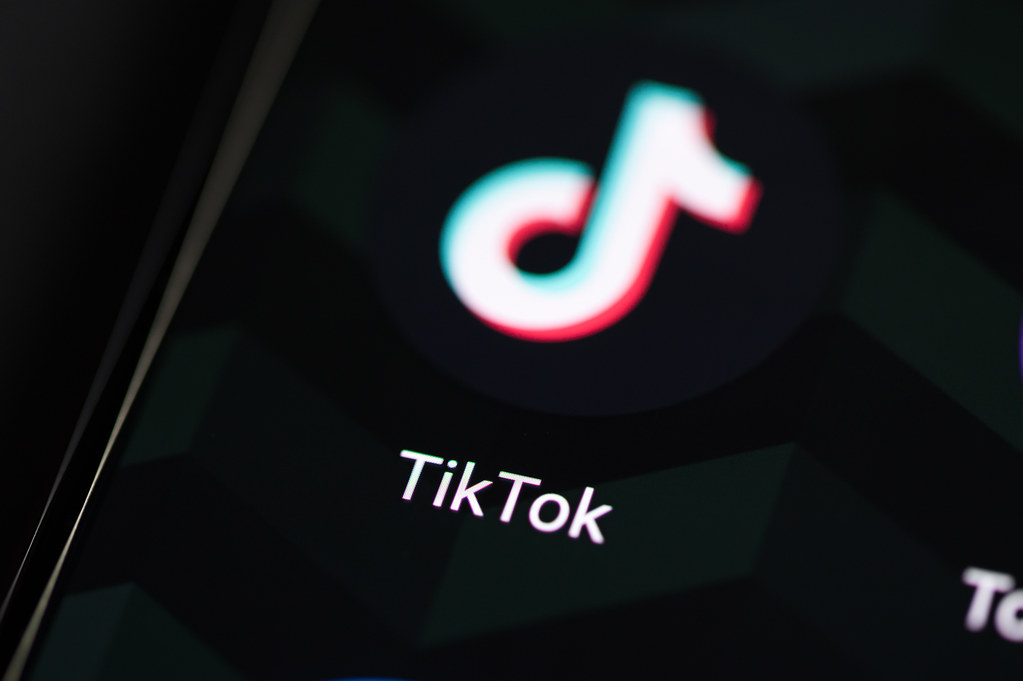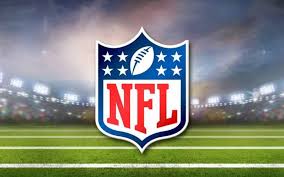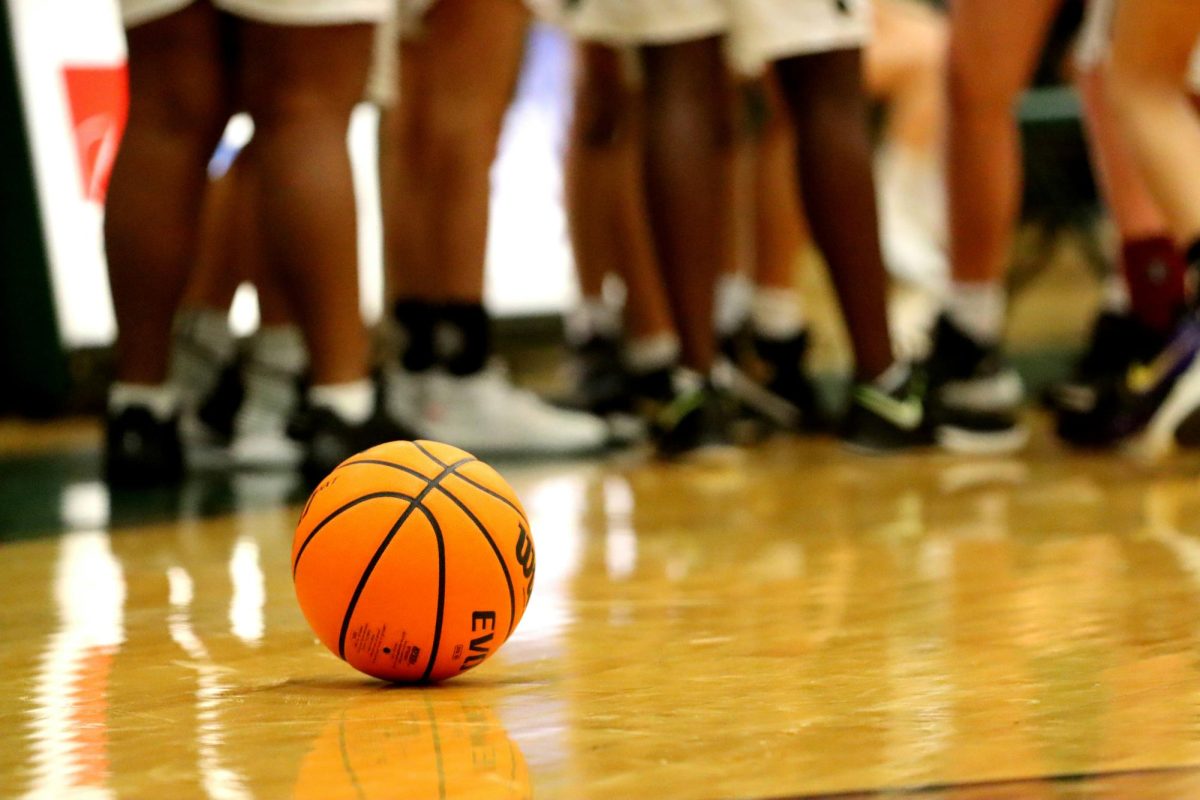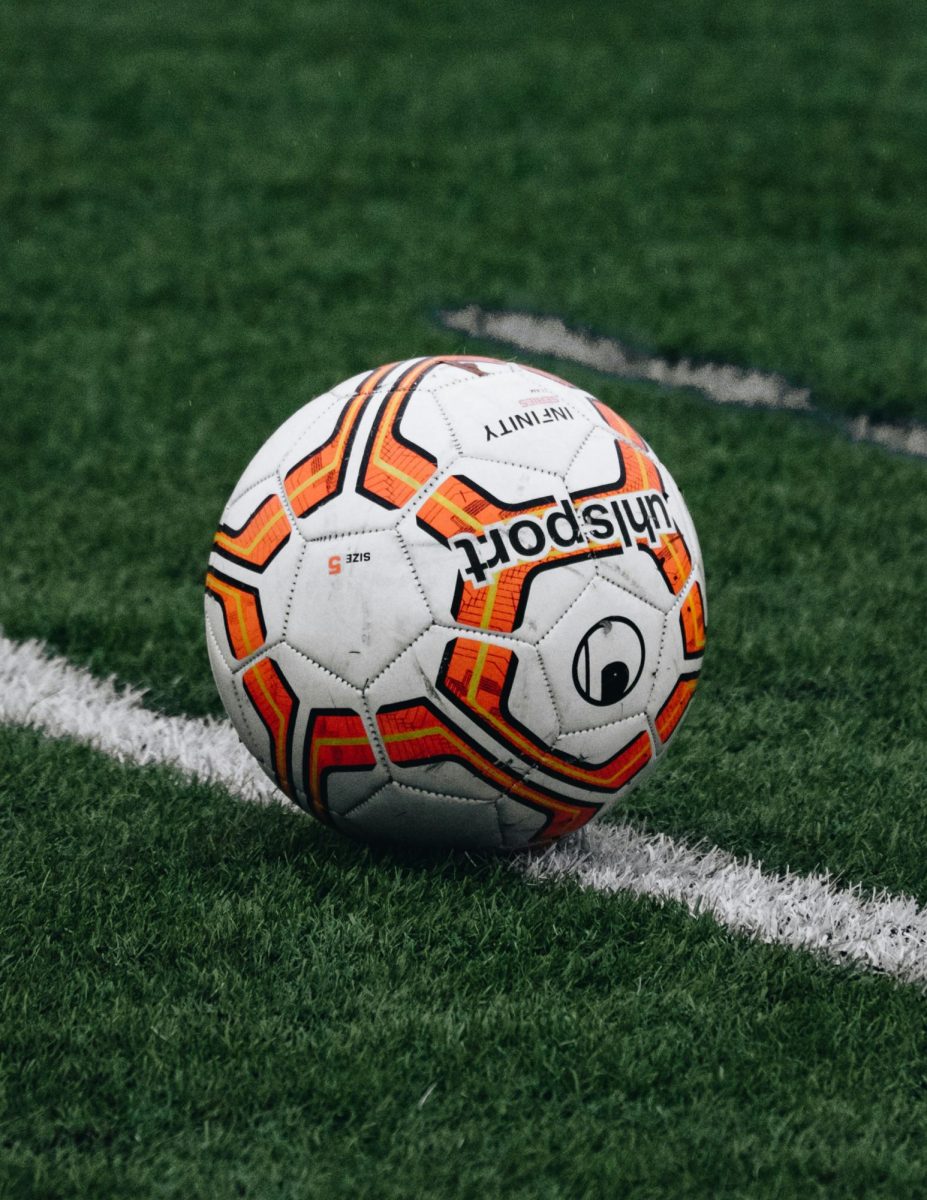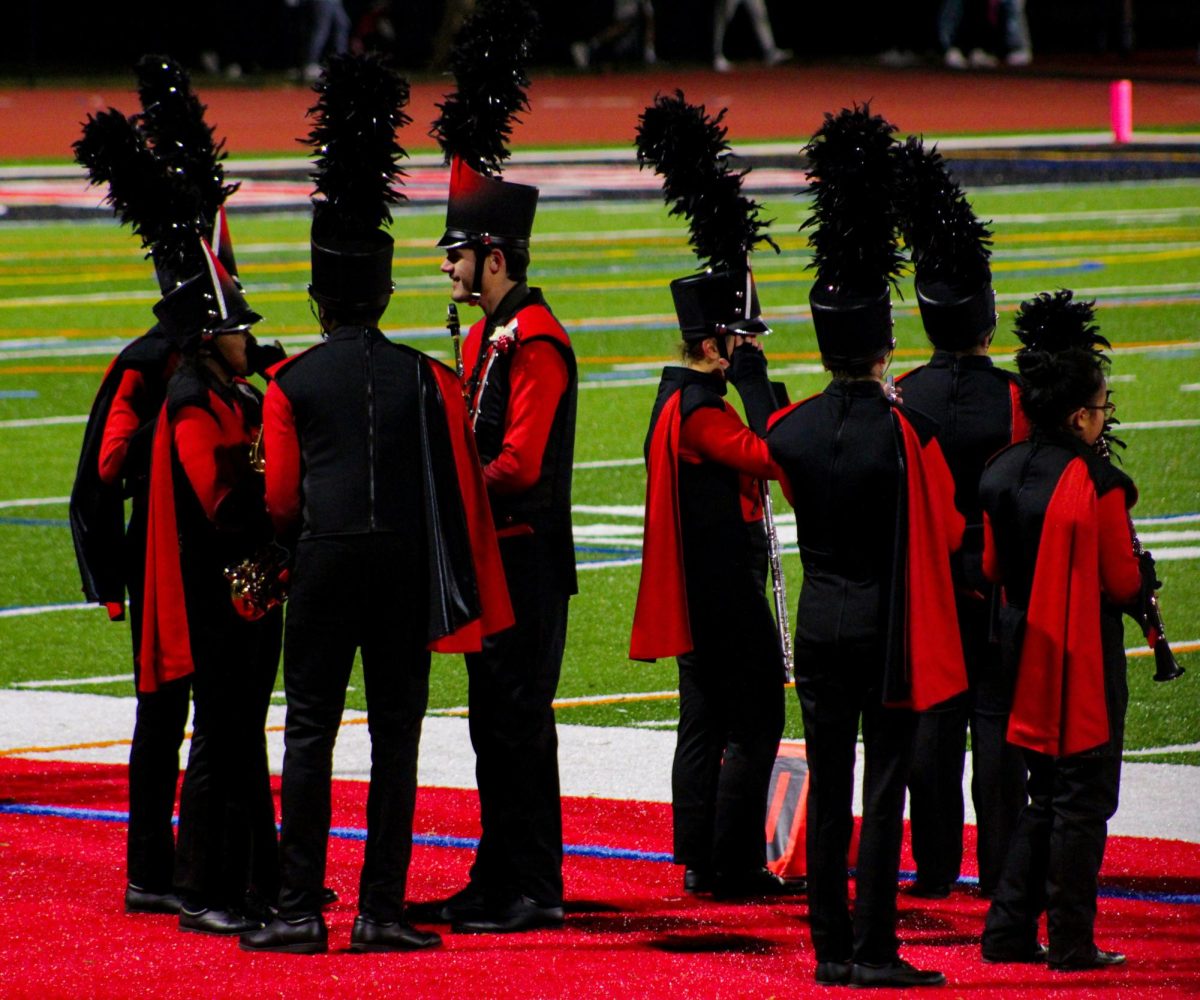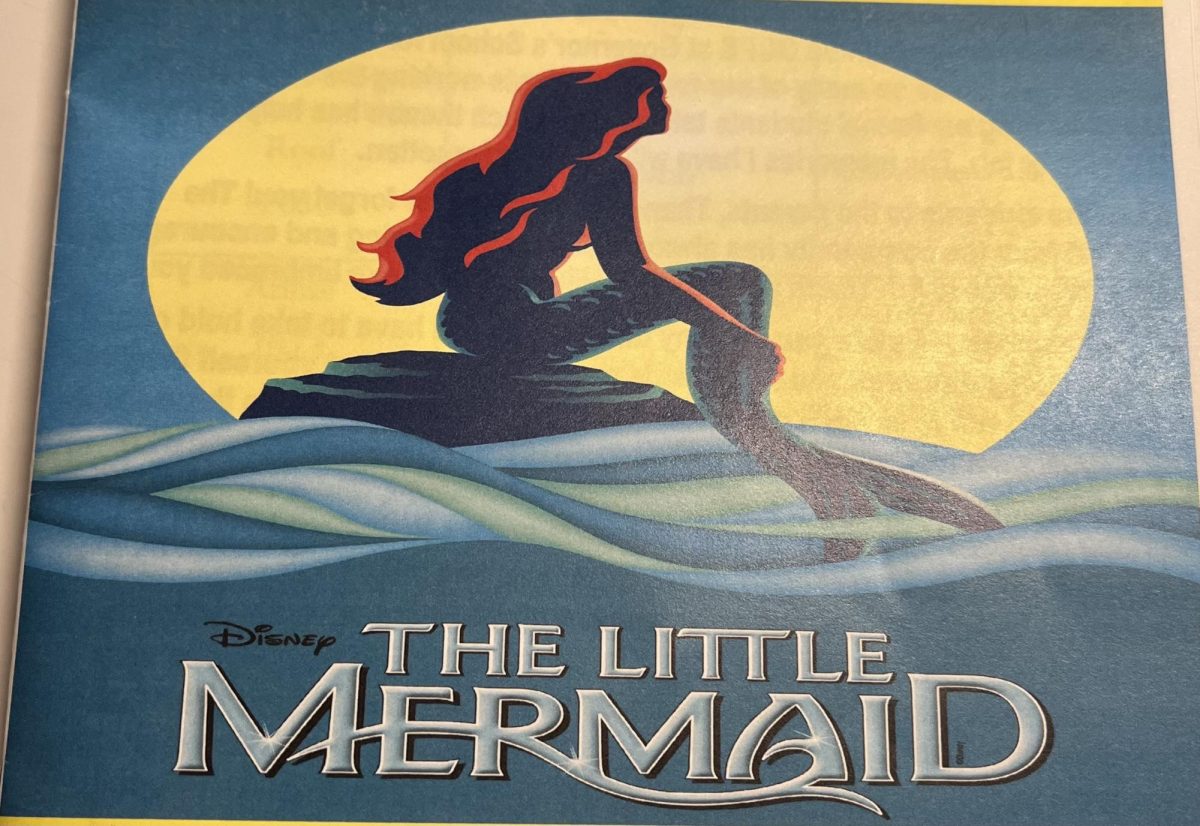On April 16, 2024, An argument between two construction workers broke out at Gloucester High School. One of the workers, 18-year-old Travis Sentel Evans Jr., proceeded to brandish his firearm. The school swiftly placed the school into lockdown and then in a secure mode until Travis was detained and off school property. The school’s quick reaction prevented the situation from escalating or including any students.
During this incident, a sophomore student, Johnathon Book-Hoffard, recorded a video of Travis being handcuffed and sent it to his friends to reassure them there was no danger. When the school discovered this, Johnathon was placed on a three-day suspension for “sharing a nude or explicit video.” But this raises the question: was Johnathon fairly suspended, and would this video even count as an “explicit” video? If you look at the definitions of explicit, it is stated that when used, it is used in a violent or sexually inappropriate context. In the video, no firearms or dangerous substances are visible, so what would make this video “explicit” Although It could have been considered inappropriate by the school due to their want to keep students away from panic and not escalate any situations. In the eyes of the school, Johnathon’s video could of potentially caused a rise in panic from students who have anxiety disorders or were just worried about the situation.
Johnathon’s mother, Emma Hoffard, states that when this photo was discovered, Johnathon was pulled into an office with Vice Principals Ms. Jodie Simpson and Mr. Alexis Foster. He was then interrogated without a parent or guardian present, and he was then required to airdrop the video to the Vice Principals. His parents failed to be informed of this situation until hours later, at 4:50 p.m. It raises the question of why the parents were not informed of their son’s actions and did not get a say in the suspension until after it was already final. On page 4 of the 2023-2024 Code of Conduct, under the section “Student Responsibilities,” it is stated, “Education requires a partnership between the parent or guardian, the student, and the school. For a partnership to work, everyone must know what is happening, good and bad.” If the Code of Conduct states that everyone must know what is happening and not what has happened, why were his parents informed after? When we refer to the section “Parental Rights and Responsibilities,” it says, “The school principal will notify the parents of any student who violates a school board policy when such violation could result in the student’s suspension, whether or not the school administration has imposed such disciplinary action. The notice shall state (i) the date and particulars of the violation; (ii) the obligation of the parent to take actions to assist the school in improving the student’s behavior; and (iii) that, if the student is suspended, the parent may be required to accompany the student to meet with school officials.” This strictly states that the parents will be notified if a violation occurs, and the student may face suspension, but the school failed to do this, resulting in the parents finding out about the suspension from Johnathon himself before they were contacted by the school.
When Johnathon’s mother filed for an appeal, this appeal was reviewed by Dr. Mygas. Emma Hoffard stated that “Dr. Mygas is the person who wanted the person who took the video to be suspended in the first place, so I don’t know that it is an unbiased appeal.” If the same eyes looked at a situation like this twice, would their opinion change? Would it have been better to have fresh eyes look at it? The appeal was denied by Dr. Mygas on April 18th, Mrs. Hoffard was given the option to file another appeal with Ms. Keener, whom she also believes may be biased. Had the school ensured the workers coming onto the school property while students were present were not a risk, could this whole situation have been avoided? The school says Johnathon violated the Code of Conduct, but they hypothetically failed to follow the Code of Conduct as well.


